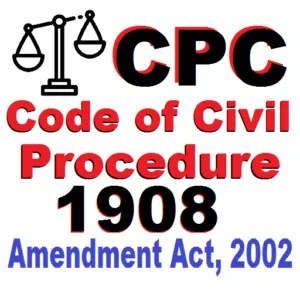The Chief Justice of India DY Chandrachud today (September 19)...
Read MoreIntroduction to Bare Act
A Bare Act is a document that encapsulates the law as it was originally written and enacted by the legislature. It is the primary source of law, presented without any interpretation or commentary. The term “Bare Act” signifies the basic law, devoid of any additional explanations or annotations. These acts are the raw texts of the laws and statutes as enacted by the legislative authorities, such as the Parliament or State Assemblies in India. The significance of Bare Acts in legal studies and practice is immense. They serve as the initial point of reference for any legal query or research. For law students, legal practitioners, and even judges, Bare Acts are the starting point for understanding the law’s intent, scope, and application. They provide the exact wording of the law, which is crucial for legal interpretation and judgment.
However, reading and understanding Bare Acts can be challenging, especially for those new to the field of law. The language used in these acts is often complex and technical, reflecting the precision required in legal drafting. Moreover, the laws are often written in a condensed manner, with each word carrying significant weight. Therefore, it necessitates a certain level of expertise and familiarity with legal terminology to interpret and apply these laws correctly.
Despite these challenges, mastering Bare Acts is essential for anyone involved in the legal profession. It forms the foundation for legal education and practice. It is through the thorough reading and understanding of these Bare Acts that one can grasp the nuances of the law, interpret it accurately, and apply it effectively in various legal scenarios.
In conclusion, Bare Acts are the backbone of the legal system, providing the raw, uninterpreted text of the law. They are indispensable tools for legal professionals and form the foundation of legal knowledge and practice. While they may be challenging to read and understand, mastering them is a necessary skill for anyone involved in the study or practice of law.

